|
"Indomitable Will, Leonine Courage, Were the Noble Characteristics of L'Abbe Signone: Driven from France by Bitter Revolutionary Persecution, He was Drawn to Acadie. And in the Wilderness of Nova Scotia the Pioneer Priest Labored Heroically." Note: The following excerpt is from a 3-column newspaper article. Read column 1 (scroll from top to bottom), then column 2, (scroll from top to bottom). The original column 3 of the article has been placed at the end of column 2 for readability (scroll from top to bottom). Columns 1 and 2 of the original article: Column 3 of the original article: Note: The following excerpt is from a 3-column newspaper article. Read column 1, (scroll from top to bottom), then column 2, (scroll from top to bottom). The original column 3 has been placed at the end of column 2 for readability (scroll from top to bottom). Cite: Saunders, E.M., D.D. (1897, July 27). "Indomitable Will, Leonine Courage, Were the Noble Characteristics of L'Abbe Signone: Driven from France by Bitter Revolutionary Persecution, He was Drawn to Acadie. And in the Wilderness of Nova Scotia the Pioneer Priest Labored Heroically." The Halifax Herald (Halifax, Nova Scotia, Canada) · Tue, Jul 27, 1897 ·Page 5. Newspapers.com. https://www.newspapers.com/image/774528023/ Downloaded on Aug 1, 2024
Re-published by Association des Acadiens-Metis Souriquois on the https://www.acadiens-metis-souriquois.ca/ website with the express, written permission of Ancestry.com. Source: Newspapers.com by Ancestry. Thank you, Claire Robicheau, for recommending the quotation from Russell Charles Means (November 10, 1939 – October 22, 2012).
"A chief has joined the Great Spirit." Reference: The Gazette (Montreal, Quebec, Canada) · Sat, May 16, 1931 · Page 26. https://www.newspapers.com/image/419871008/. Downloaded on Jul 16, 2024 Newspaper clipping was re-printed with the Permission of Newspapers.com
From the podcast preview: "To walk in an old growth forest is to be stunned by its untouched beauty, its otherworldliness — soaring ancient trees above, rolling thick ground underfoot, and astounding biodiversity all around." Click here to view the podcast:
Link to: Woodbury, R. (2024, June 16). "'My trademark is my accent': Acadians embracing their brand of French: For musician Jacques Alphonse Doucet, rapping in his Acadian accent all part of making authentic music" CBC Nova Scotia. https://www.cbc.ca/news/canada/nova-scotia/acadians-language-reclaim-1.7235212
See also: https://www.msn.com/en-ca/news/canada/my-trademark-is-my-accent-acadians-embracing-their-brand-of-french/ar-BB1ojdnr |
Archives
June 2025
Category
All
|
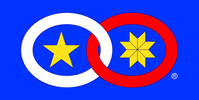









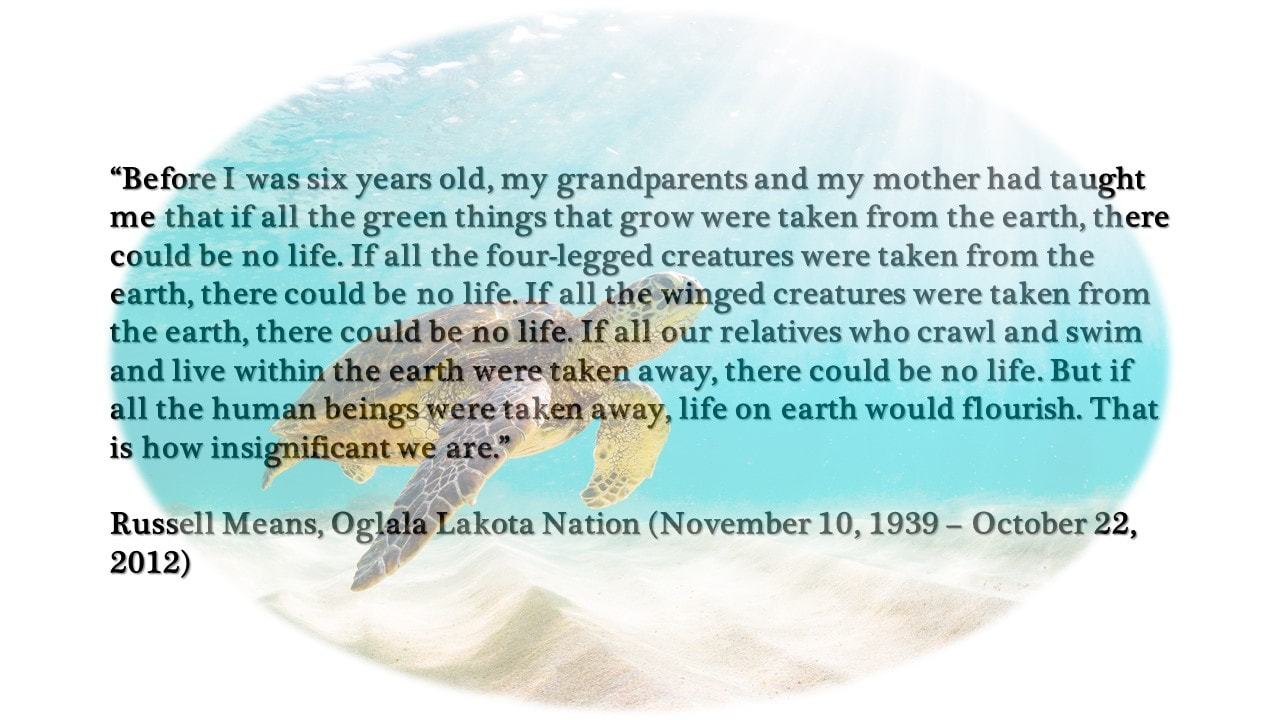

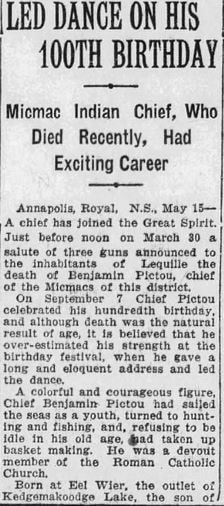
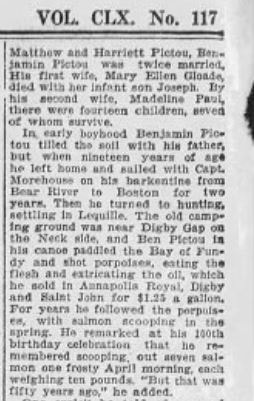
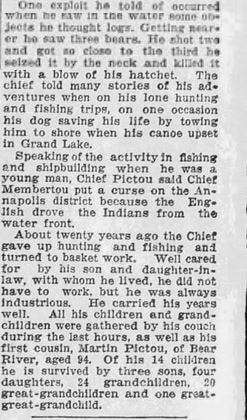

 RSS Feed
RSS Feed


